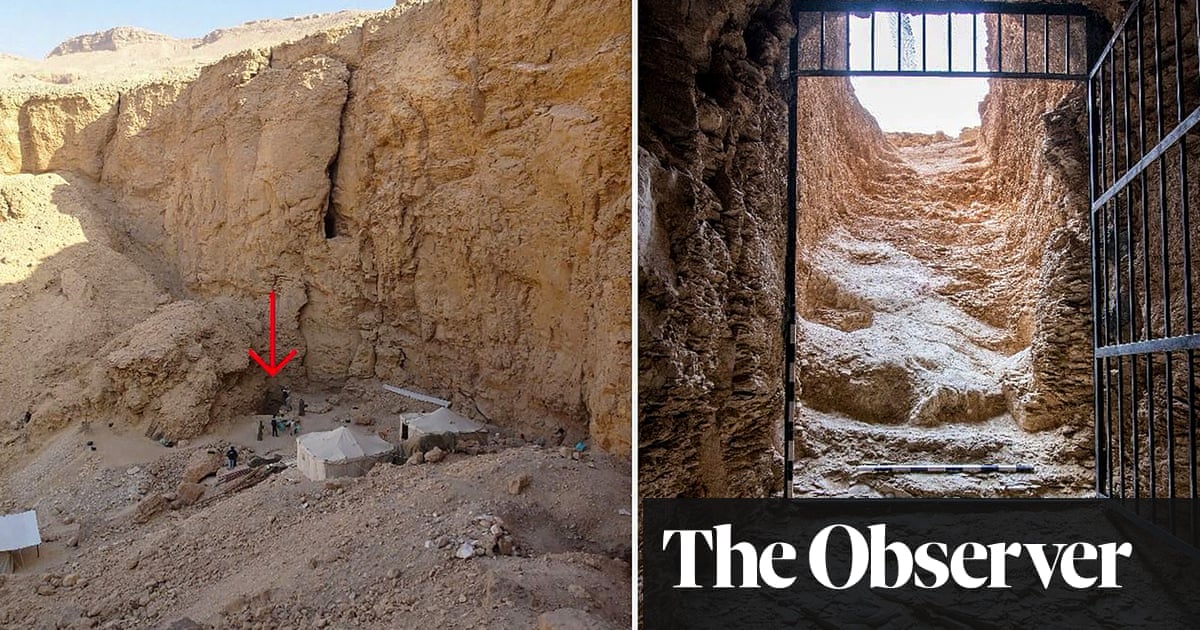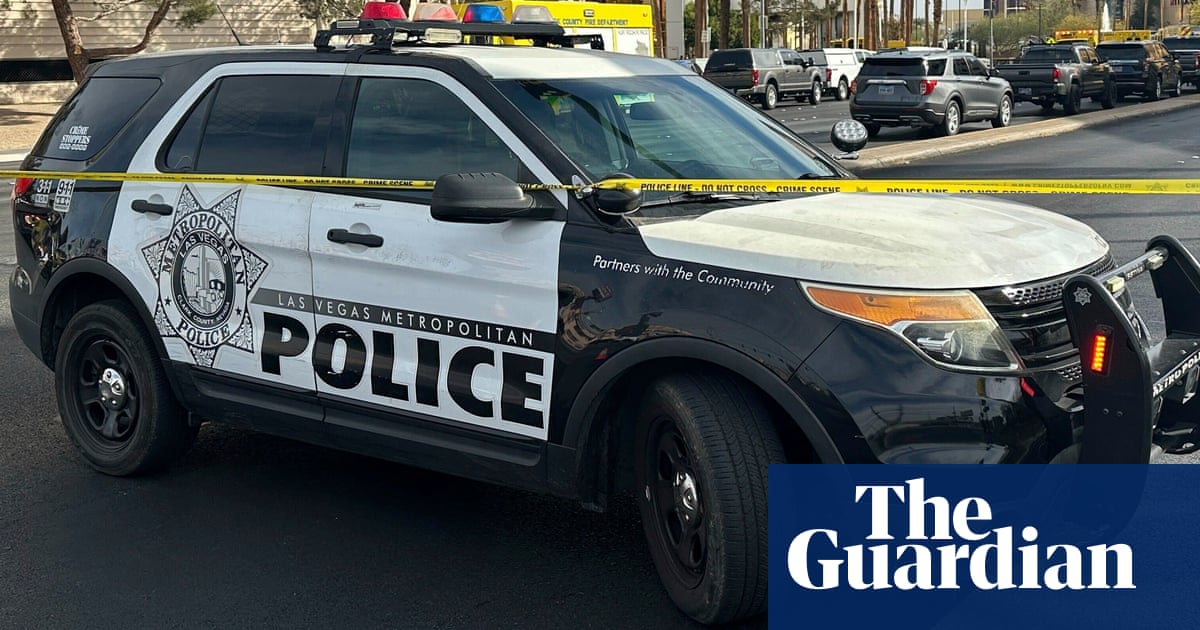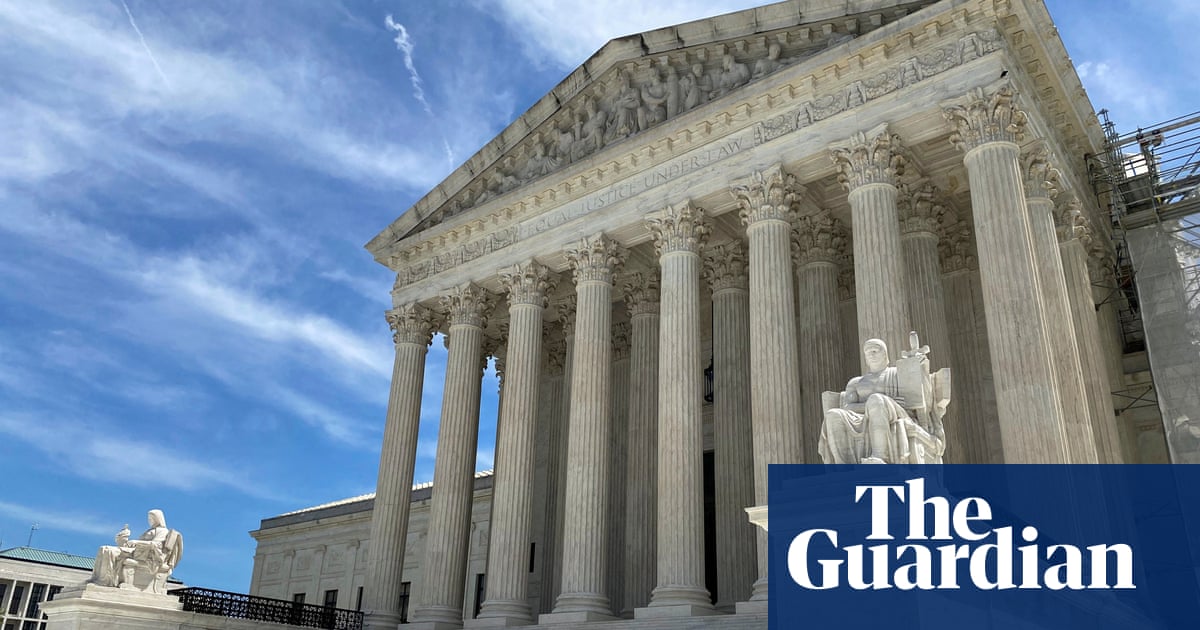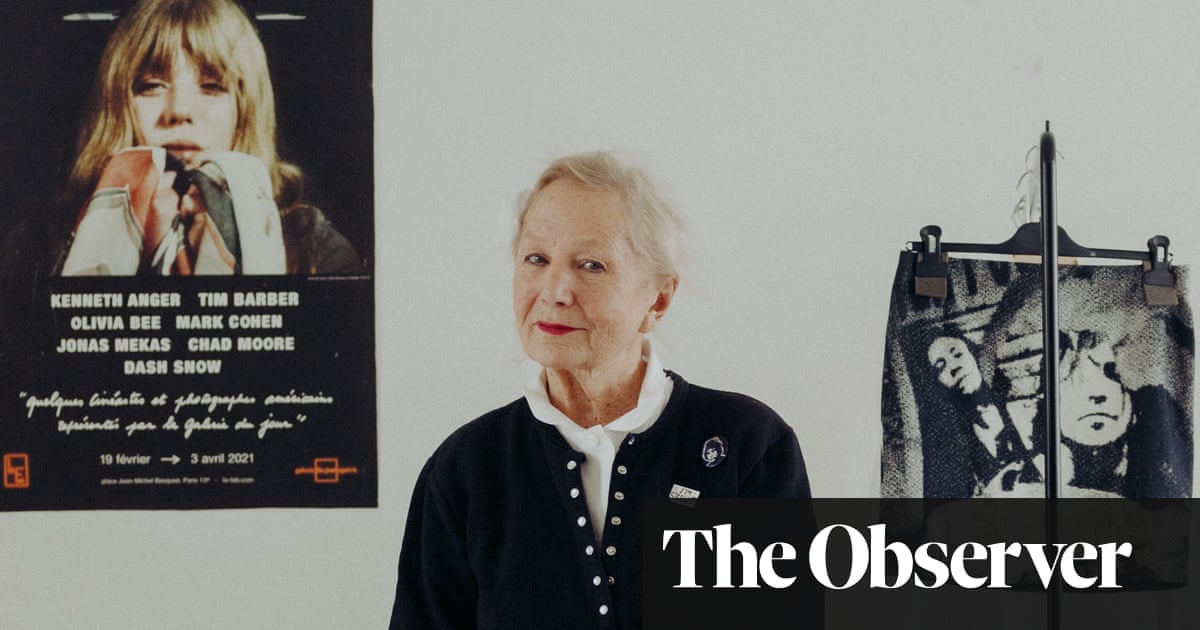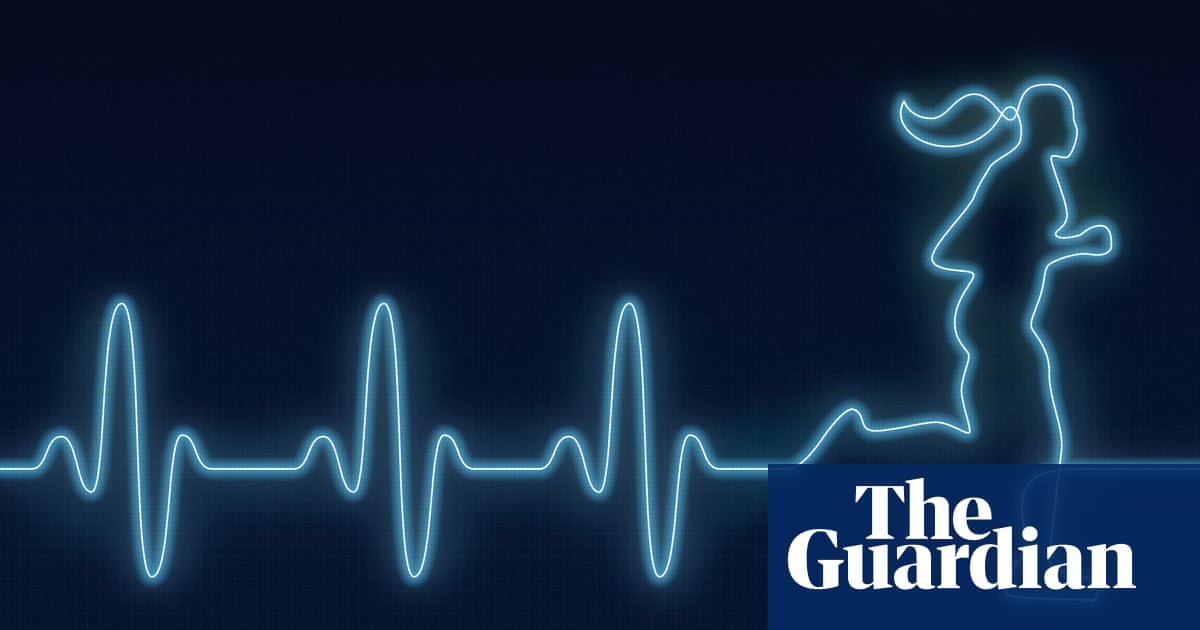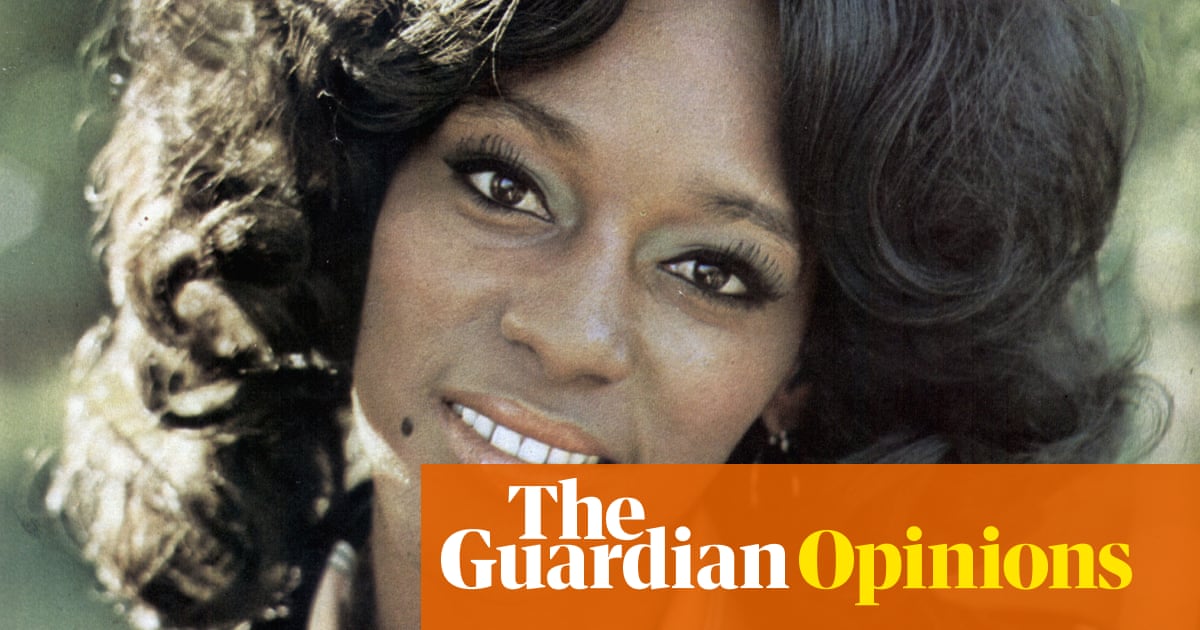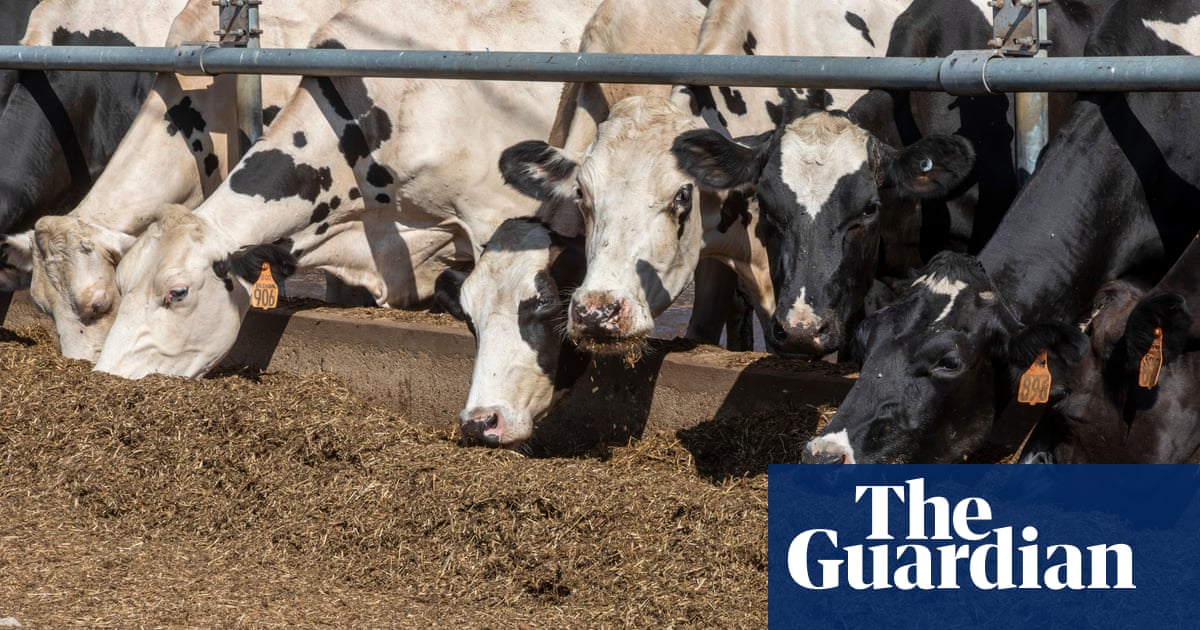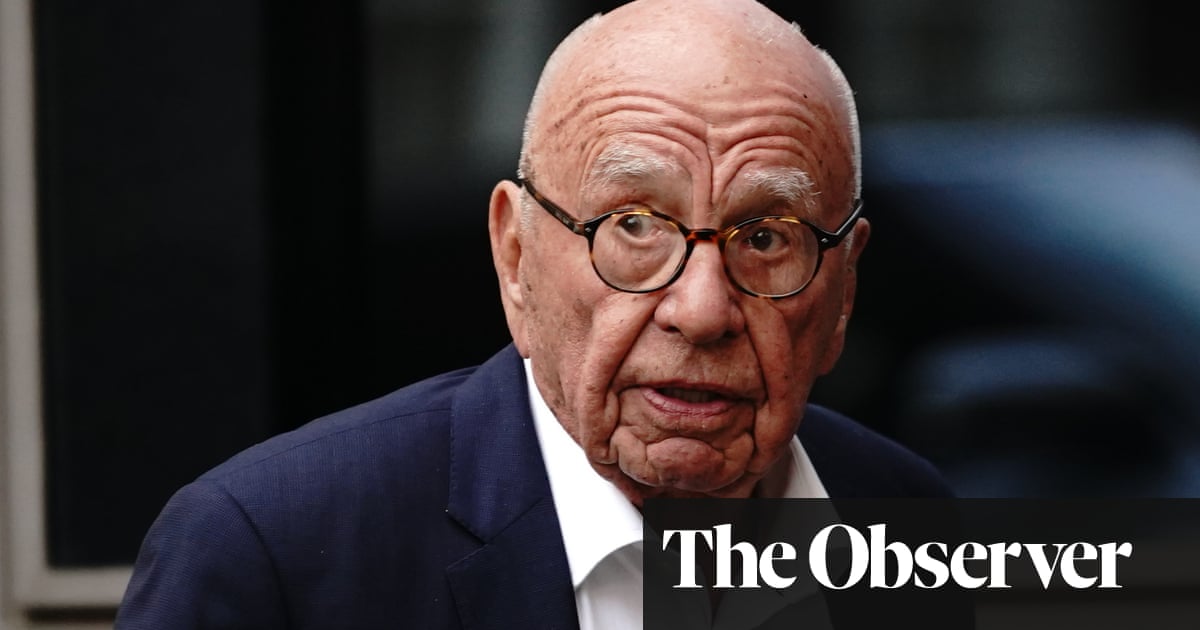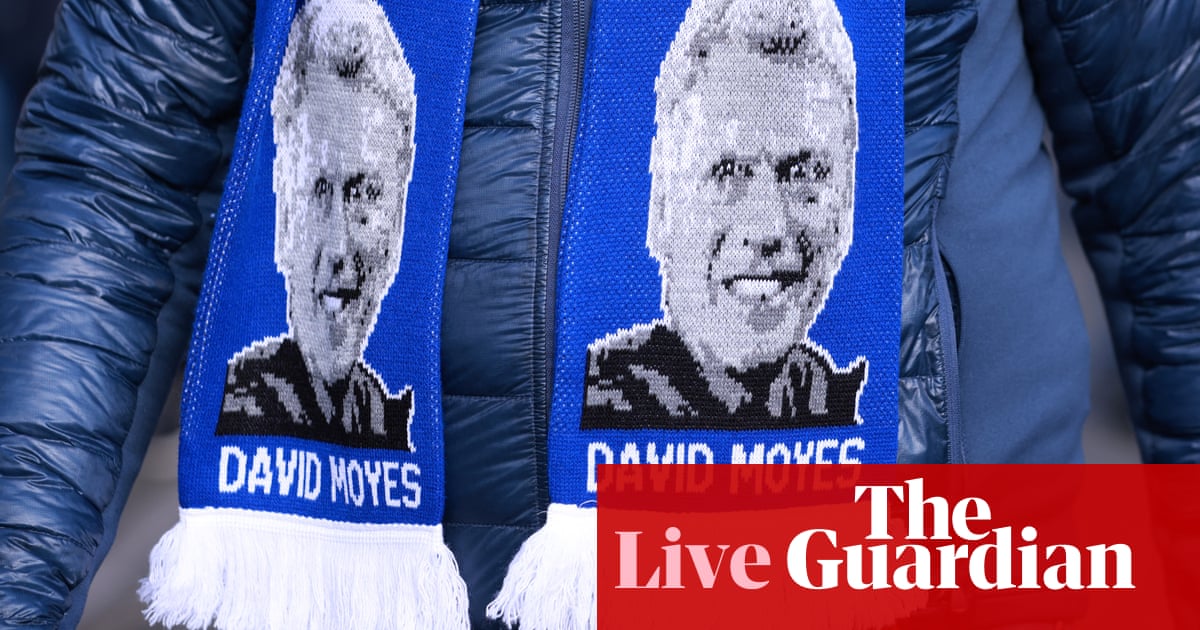In the early hours of Wednesday morning last week, I sped down an empty motorway as rain pounded the asphalt, heading towards a Republican election-night party in the outskirts of Detroit. It was one of those storms that distorts your vision, where the lines of the road blur in slicks of water and the street lights refract through cascading droplets on the windscreen. The lonely roads and perilous weather felt like an apt backdrop. Donald Trump was about to be declared the next president of the United States.
I went through the double doors and into the large, carpeted convention hall just seconds before Fox News called the race. The chatter began to dissipate as the crowd erupted, surging towards a stage at the back and waving large, black flags that read “Fix America Again”. Elation and relief. Mayhem and incoherence. “Lock them up! Send them back! Jesus! Jesus!” shouted one woman.
Trump’s second victory had been a foreseeable prospect since 13 February 2021, the day the US senate voted to acquit the disgraced former president after his second impeachment, thereby avoiding a decision on whether to bar him from holding office again. The chances were raised further by extensive delays and the amateurish handling of various criminal prosecutions instigated to hold him accountable for an assortment of criminal wrongdoing.
But counterfactuals only take you so far in explaining this extended era of Trump. Chaos gets you a little further.
As I looked around the room in the early hours, as men in red hats wept and embraced each other, the ideological inconsistencies of the expanded Make America Great Again (Maga) movement seemed stark. A few feet from the woman chanting the name of her lord and saviour, who had told me earlier that Democrats should “repent before it’s too late”, stood a woman wearing a hijab and a red T-shirt emblazoned with “Arab Americans for Trump”. She was Rola Makki, a senior figure in the Michigan Republican party’s outreach to Muslim voters. She accurately predicted that Detroit’s majority-Arab suburbs would swing decisively for Trump.

This is the same Trump who has pledged to reintroduce a travel ban for several Muslim-majority countries. The same Trump who has urged Israel to “finish the job” in its war with Gaza and who will block any refugee resettlement from the region. “He promised he would end the destruction and end the killing,” she said. “He’s going to end all wars.”
These lofty hopes are largely at odds with Trump’s record (a national security council review of the US’s chaotic withdrawal from Afghanistan primarily blamed decisions taken by his administration) and his decision to appoint the hardline conservative and pro-settlement ideologue Mike Huckabee as his ambassador to Israel. But they speak as well to the Biden administration’s catastrophic failures in the Middle East and the Harris campaign’s inexplicable decision to overlook the pro-peace movement here in Michigan, which flexed its support during the Democratic primary in February, but has been mostly ignored since.
Trumpist chaos is found not just in contradictions, however, but in alignments, too. Two days before the election, I went to a weekly gathering of the Republican party in Macomb County, which borders Detroit to the north and is one of the state’s battleground counties. This roadside “freedom rally” was a display of force and continuity (it has been held every Sunday for four years). Hundreds of flags lined the intersection, the Village People blared from a large sound system and a frantic drummer marched up and down the line as cars honked in support.
I have lost track of the number of pro-Trump rallies I have attended since 2016, but it probably extends beyond 100. In that time, disdain for journalism has grown more ubiquitous and intense. I remember vividly being chased from an informal rally in 2020 by a small group who accused me of being an outside agitator intent on disrupting their event after I witnessed them hurling racist abuse at a group of young Latina women.
Later that year, at another roadside rally in Florida, the leader of the far‑right militant group the Proud Boys, Enrique Tarrio, threatened to turn a crowd of his thuggish members on me for asking a question he did not like. On the Sunday before this month’s election, at a rally in Pennsylvania, Trump riffed that he wouldn’t care if a gunman shot at the media assembled to cover his event.

Of course, most events are not physically hostile and most attenders are open and kind, but derision for fact-based media is always palpable.
I sought out the chair of the Macomb GOP, Mark Forton, who stood in the warm autumn sun wearing a grey jumper bearing the words “American patriot standing strong” in a bold font. Like most outspoken Maga supporters I have met this cycle, Forton reeled off a list of predictable and demonstrable falsehoods, suggesting undocumented people would vote illegally for Democrats, that crime rates have soared under Biden and the apex of all these: election denialism. “We know we’ve been robbed,” he said. “Donald Trump won in 2020. Every common man in Michigan knows it, except elected officials.”
It is telling how little “stolen” elections have been mentioned since Trump’s second victory. But it is within these lies that Trump’s chaos calibrates itself, inside a unified and powerful ecosystem of rightwing news, online content and viral disinformation that has grown more powerful throughout this era, spewing the same falsehoods in unison day after day, on repeat, for years. It is the “political technology” by which swathes of the population have voted in effect to anoint a king in the belief it will amount to more freedom.
Throughout this journey, I have driven thousands of miles and visited communities in six diverse states, from the borderlands of Arizona to the conservative coast of southern Louisiana to swing counties in Georgia and Pennsylvania. Economic anxiety has been recognisable in most places I have been – sometimes cutting across ideology and political allegiance. It is well established that while the American economy continues to surge, wealth inequality has increased and blue-collar wages have stagnated over decades.
The Harris campaign launched with nods to economic populism – with promises to tackle price-gouging and a celebration of her record targeting big banks after the foreclosure crisis, but the arguments soon began to dry up. (Reporting in the Atlantic magazine indicates that a close adviser urged the campaign to drop the messaging in order to keep CEOs on side.)
It is astonishing, too, that the vice-president only expressed her support for a $15 (£11.80) federal minimum wage – a policy that enjoys widespread support across the country and an issue that Trump has dodged repeatedly – less than two weeks before election day. As if to exemplify the missed open goal, voters in the conservative states of Alaska and Missouri voted last week to implement a $15 minimum wage.
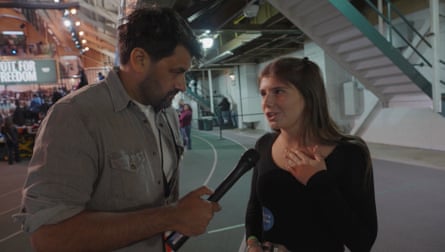
When I think of the opportunities the Harris campaign missed to articulate even the most obvious financial hypocrisy on the other side, I am drawn back to a meeting I attended last month in Pittsburgh. It was a “get out the vote” event, featuring some of the Harris campaign’s top surrogates, including governors Josh Shapiro of Pennsylvania and Gretchen Whitmer of Michigan – who sat on stage answering a quiz delivered by the actor and singer Billy Porter. The topics ranged from the important issues of Taylor Swift’s origin story to the creator of Crayola crayons.
At precisely the same time that these rising stars of the Democratic party fawned over a celebrity, Elon Musk was 200 miles away, delivering his first million-dollar cheque to a swing-state voter in Harrisburg. He was using a tiny fraction of his personal fortune to help tilt the election for Trump by awarding $1m every day to a random person who had signed his petition supporting the first and second amendments – the legally questionable caveat being that the signatories had to be registered voters.
Musk, the world’s richest man, will lead the new Department of Government Efficiency as the US stares down the prospect of a new era of oligarchy. Neither Shapiro nor Whitmer have said much on the matter since leaving the stage that evening.
In the immediate aftermath of such a seismic election, there is perhaps a tendency to paste one’s own grievances or ideology on to an explanation for why it unfolded as it did. Having interviewed hundreds of American voters – and non-voters as well – I am confident there is no single explanation or answer.
I finished my journey in an unremarkable car park at about 4am last Wednesday as a small group of Trump supporters danced in the rain to Cecilia by Simon and Garfunkel. It was an anticlimactic ending as the country – and the world – lurched into a precarious future.

 3 months ago
53
3 months ago
53


